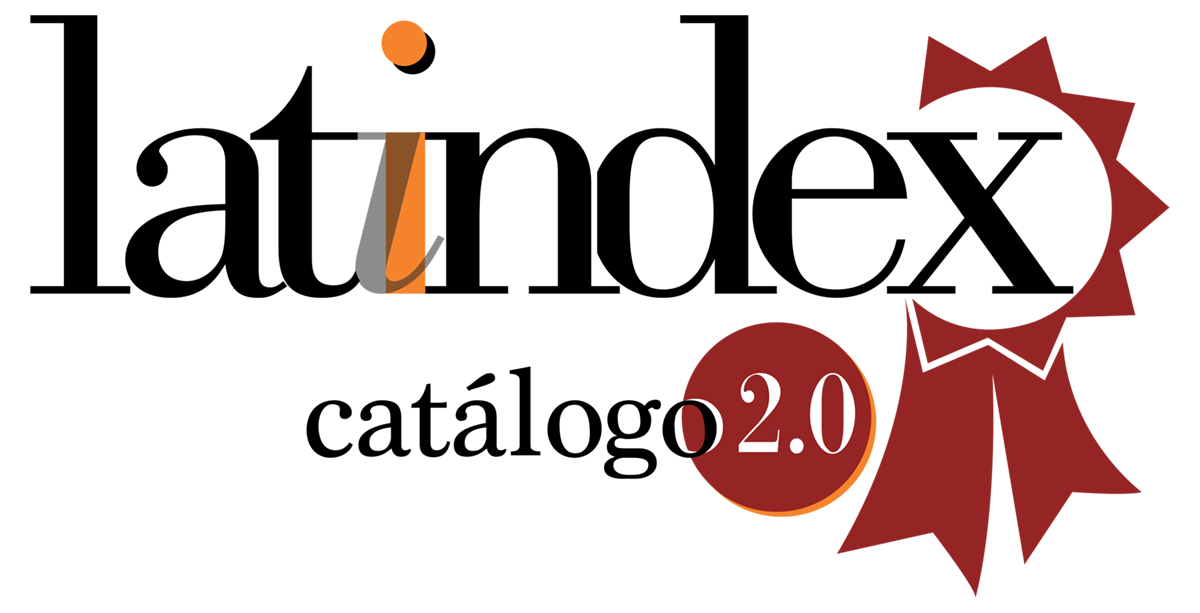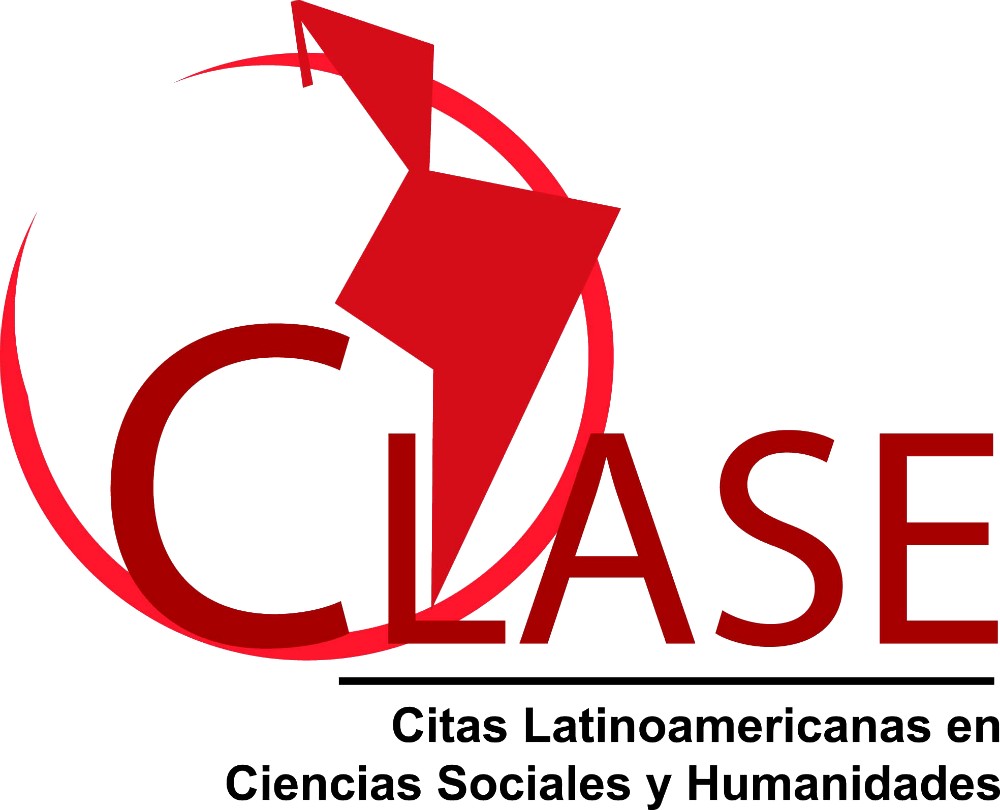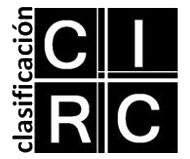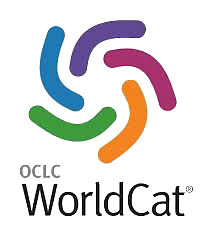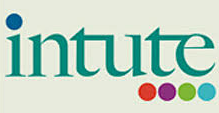Creativity in restriction
Memes, templates and participatory culture
DOI:
https://doi.org/10.24215/16696581e549Keywords:
internet memes, digital media, templates, participatory cultureAbstract
Internet memes are one of the most characteristic participatory communicative forms of the web 2.0. In order to be humorous but also to express feelings, ideas and opinions in creative and easily understandable ways, users create memes based in preexisting formats usually named templates. In this paper we analyze the use of templates in memes from both an empirical and a theoretical perspective and also other ways in which memes are semiotically structured by preexisting forms.
Downloads
References
Arola, K. L. (2010). The Design of Web 2.0: The Rise of the Template, The Fall of Design. Computer and Composition, 27, pp. 4-14. doi:10.1016/j.compcom.2009.11.004
Brubaker, J. R. (2008). wants moar: Visual Media’s Use of Text in LOLcats and Silent Film. Gnovis Journal, 8(2), pp. 117-124.
Genette, G. (1989 [1962]). Palimpsestos. La literatura en segundo grado (Trad. Celia Fernández Prieto). Madrid, España: Taurus.
Coseriu, E. (1981). Lecciones de lingüística general (Trad. José Ma Azáceta & Graciela de Albéniz). Madrid, España: Gredos.
Derrida, J. (1989 [1967]). La estructura, el signo y el juego en el discurso de las ciencias humanas. En La Escritura y la Diferencia (Trad. Patricio Peñalver) (pp. 383-401). Barcelona, España: Arthropos.
Dynel, M. (2016). Advice Animal Memes as Visual-Verbal Jokes. International Journal of Communication, 10, pp. 660–668. Recuperado de https://ijoc.org/index.php/ijoc/article/view/4101/1556.
Juza, M. (2013). Internet memes – creation, distribution, social meaning. Media Studies, 55, pp. 1-15. Recuperado de https://studiamedioznawcze.pl/article.php?date=2013_4_55&content=juza&lang=en.
Lessig, L. (2008). Remix. Making Art and Commerce Thrive in the Hybrid Economy [Remix. Haciendo que el arte y el comercio prosperen en la economía híbrida]. London, Reino Unido: Bloomsbury.
Milner, R. M. (2012). The World Made Meme: Discourse and Identity in Participatory Media (tesis de doctordo). Recuperado de https://kuscholarworks.ku.edu/handle/1808/10256?show=full.
Milner, R. M. (2016). The World Made Meme [Título intraducible]. Cambridge, Estados Unidos: The MIT Press.
Apellidos (año). El día en que nos invadieron los canguros (reflexiones sobre la cultura del meme). Lento, 75. Recuperado de https://lento.ladiaria.com.uy/articulo/2019/6/el-dia-en-que-nos-invadieron-los-canguros-reflexiones-sobre-la-cultura-del-meme/.
O’Reilly, T. (2012). What Is Web 2.0? Design Patterns and Business Models for the Next Generation of Software. En M. Mandiberg (Ed.), The Social Media Reader [El lector de medios sociales] (pp. 32–52). New York, Estados Unidos: New York University Press.
Rintel, S. (2013). Crisis memes: The importance of templatability to Internet culture and freedom of expression. Australasian Journal of Popular Culture, 2(2), pp. 253–271. doi.org/10.1386/ajpc.2.2.253_1.
Saussure, F. de (2007 [1915]). Curso de Lingüística General (Trad. Amado Alonso). Buenos Aires, Argentina: Losada.
Shifman, L. (2014a). Memes in digital culture [Memes en la cultura digital]. Cambridge, Estados Unidos: The MIT Press.
Shifman, L. (2014b) The Cultural Logic of Photo-Based Meme Genres. Journal of visual culture, 13(3), pp. 340–358. doi.org/10.1177/1470412914546577.
Verón, E (2004): "Prensa gráfica y teoría de los discursos sociales: producción, recepción, regulación" en Fragmentos de un tejido (pp. 193-211). Barcelona, España: Gedisa.
Ryan Vickery, J. (2014). The curious case of Confession Bear: the reappropriation of online macro-image memes. Information, Communication & Society, 17(3), pp. 301-325. doi.org/10.1080/1369118x.2013.871056.
Downloads
Published
How to Cite
Issue
Section
License
La aceptación de un original por parte de la revista implica la cesión no exclusiva de los derechos patrimoniales de los/as autores/as en favor del editor, quien permite la reutilización, luego de su edición (postprint), bajo una Licencia Creative Commons Atribución-NoComercial-CompartirIgual 4.0 Internacional (CC BY-NC-SA 4.0)
Acorde a estos términos, el material se puede compartir (copiar y redistribuir en cualquier medio o formato) y adaptar (remezclar, transformar y crear a partir del material otra obra), siempre que a) se cite la autoría y la fuente original de su publicación (revista y URL de la obra), b) no se use para fines comerciales y c) se mantengan los mismos términos de la licencia.
La cesión de derechos no exclusivos implica que luego de su edición (postprint) en Question las/os autoras/es pueden publicar su trabajo en cualquier idioma, medio y formato; en tales casos, se solicita que se consigne que el material fue publicado originalmente en esta revista.
Tal cesión supone, también, la autorización de los/as autores/as para que el trabajo sea cosechado por SEDICI, el repositorio institucional de la Universidad Nacional de La Plata, y sea difundido en las bases de datos que el equipo editorial considere adecuadas para incrementar la visibilidad de la publicación y de sus autores/as.
Asimismo, la revista incentiva a las/os autoras/es para que luego de su publicación en Question depositen sus producciones en otros repositorios institucionales y temáticos, bajo el principio de que ofrecer a la sociedad la producción científica y académica sin restricciones contribuye a un mayor intercambio del conocimiento global.







